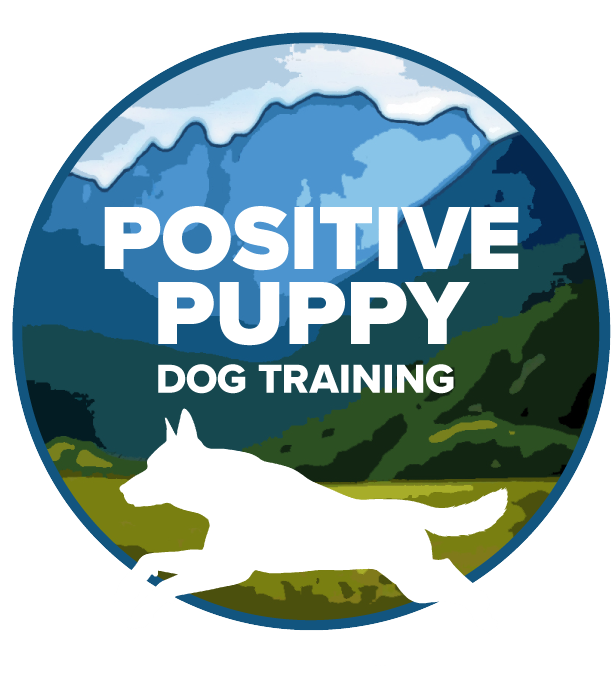The Grieving Dog
We all experience a grieving process when we lose someone important to us and dogs can too. All dogs experience the process differently. In humans, there are 5 stages to grieving that we MUST go through, but that is not the case for dogs. Some dogs may grieve profoundly, while others show no signs at all. Some dogs also feel our grief and will reflect our own depression.
Indications that your dog may be grieving can include sleeping more than usual, not eating, eating more, restlessness, unusual barking and demand barking, separation anxiety that was not the case before, unusual aggression, clingy behavior, or unusual generalized fearfulness. Basically, any behavior change that was not there before may be a product of your dog’s grief process.
There are many things you can do to help your dog get through her grief. One rule to remember is that a dog in the wild would have no time to grieve. They would have to keep going catching the day’s food, finding water and protecting territory. It may sound uncaring, but is a natural process for dogs to go about the business of life, unlike a human that needs to take time as part of the human process.
- Be sure that your dog has no illness that might coincidentally coincide with the loss. A vet check is always a good idea.
- Keep the routine at home and add more structure. This may sound unfeeling, but do not accommodate any depression by keeping a dog home from the usual events because she “doesn’t feel up to it today”. Many times, we can deepen any depression by adding to it. Dogs are not humans. By nature, they should keep going.
- Include more activities your remaining dog enjoys including more or longer walks in new places, or daycare. Try an obedience class or other fun class or private session so you and your dog can learn something new.
- Take a trip together to a dog friendly place. There are many these days, planned for taking your dog along.
- Treat behavior problems with professional help. If separation anxiety develops, or other behavior problems such as barking, regression in house training, or any unusual behavior that didn’t exist before, seek professional help. Once a dog has been evaluated by a veterinarian as healthy and you are sure the behavior is not associated with any health issue, an experienced and certified Dog Behavior Consultant is a good choice for help. This is much like going to a specialist for your own health concerns.
- Yes, DO give your dog love, understanding, and attention, but give attention in a positive way by playing games, going for walks, and more fun time with you.
- If the loss leaves your dog as a single dog, DO NOT get another dog as a friend for her immediately. It is much better to introduce a new dog when your dog is in a healthy mind place, otherwise distress behaviors can become even MORE intensified.
Dogs are not people, although they do feel a sense of loss. Treating a dog like a person may actually intensify the process, not make it better. These ideas are not only good for your dog, but good for you, too. Dogs, unlike many people, need to keep going and feel security through structure and activities that you, as their trusted leader can provide.

